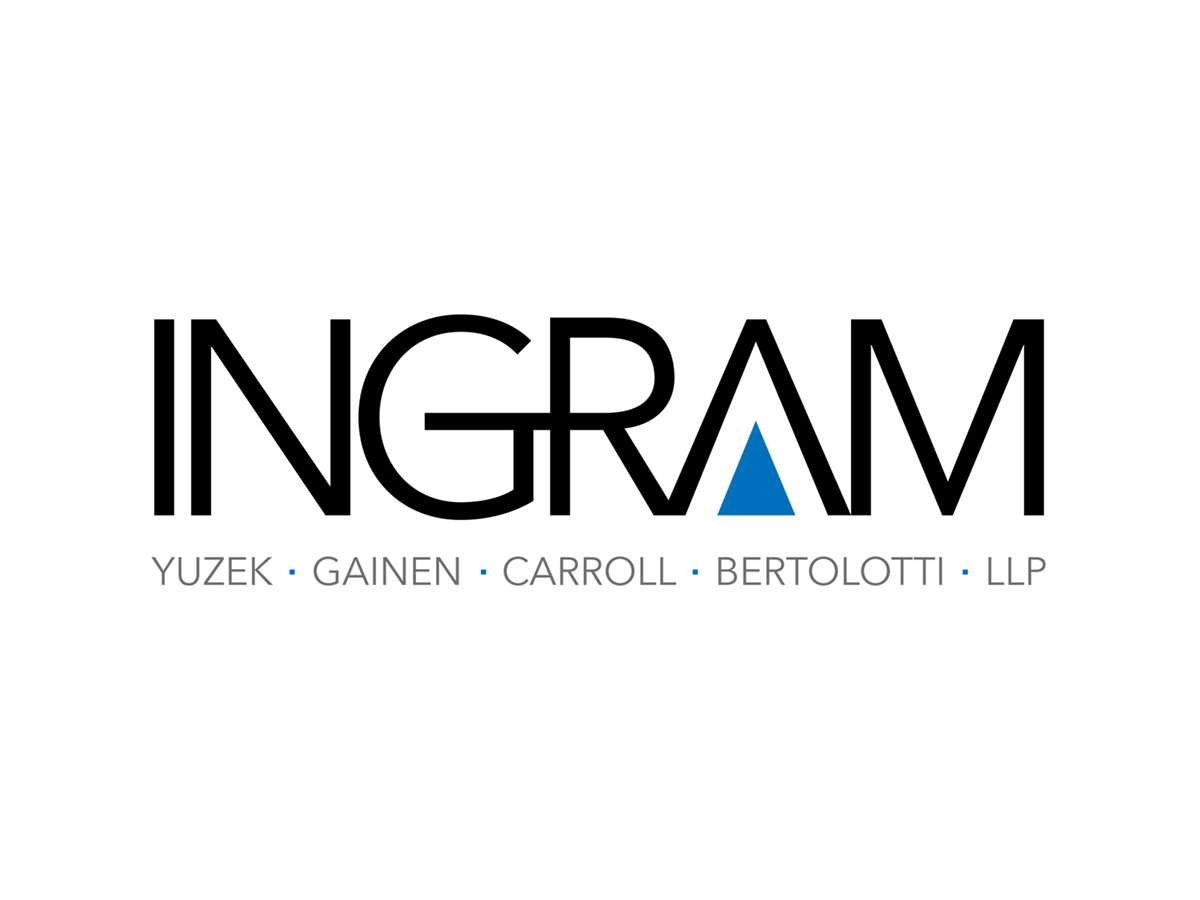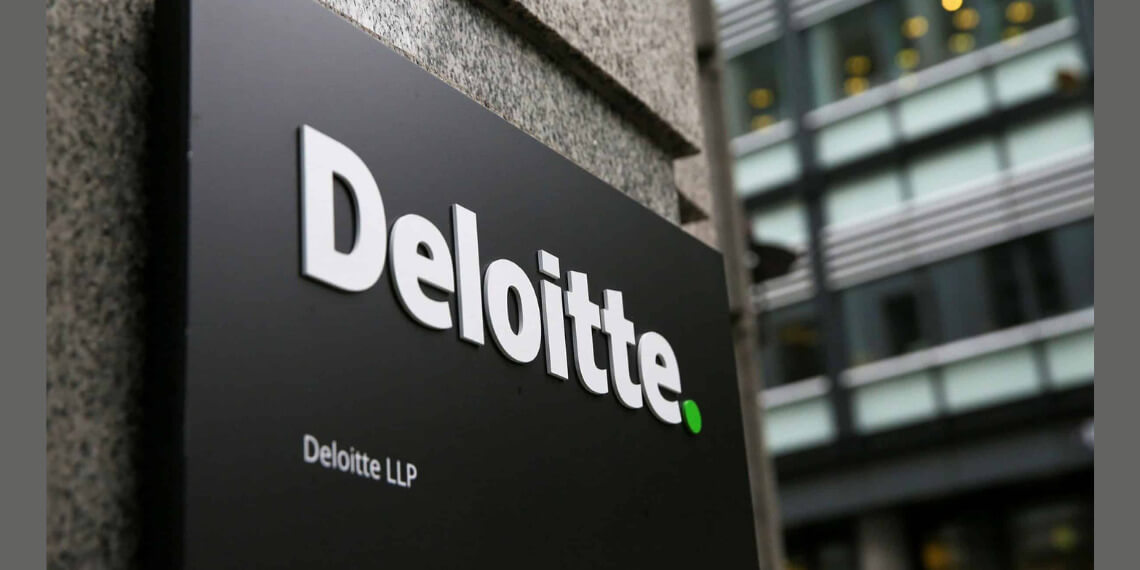How graduating from a DFSA scheme helps FinTech Mamo branch out

Setting up a venture and getting it off the ground is a massive struggle for any entrepreneur, and many might describe it as the most challenging part of their entrepreneurial journey.
However, little did Imad Gharazeddine and his co-founder know the stresses that awaited them when their business, Mamo, was accepted into the Dubai Financial Services Authority’s coveted regulatory sandbox program.
Before being accepted into the DFSA’s Innovation Testing License (ITL) program, Gharazeddine and co-founder Asim Janjua experienced the usual initial struggles, whether it was conceiving the right idea, developing a viable business model or going through the licensing process.
Building the team and finding the right talent was the biggest challenge the co-founders faced in the early days. But being former Google colleagues with a proven track record of success made it relatively easy for the duo to raise initial funding.
But when Mamo – a FinTech and financial services platform for SMEs – was accepted into the ITL program in June 2021, their challenges easily trumped whatever the founders had faced before.
“I would say it was a lot harder to graduate from that,” says Gharazeddine, who is also Mamo’s CEO.
Before entering the ITL program, the co-founders were mostly focused on “pre-product activity” and preparing to be accepted into the regulatory sandbox, which “didn’t have that much heavy lifting behind it”.
“But to graduate from that … and all the things we had to go through, all the checks that had to be done, all the systems that had to be built – it took us a whole year.”
:quality(70)/cloudfront-eu-central-1.images.arcpublishing.com/thenational/ASYK7AMU2FG5NNQ4B6SG6UDND4.jpg)
Launched in 2017, ITL is a program that enables approved companies to test new and innovative financial products, services and business models in and from the emirate’s financial hub, the Dubai International Financial Centre, within a limited regulatory environment.
As of July, a total of 130 companies have applied to enter the program and only 67 applicants have been accepted. The number of graduates who have gone through the rigors of the program successfully is much lower.
“Once you’re in the program, there’s a whole series of requirements you have to meet and things you have to have in place internally,” Gharazeddine says.
“It covers everything from the way your business is managed to the risk, fraud and compliance measures you’ve put in place to manage the activities you’re licensed for.”
Mamo built all internal processes from scratch and it took the team a lot of time and effort. Through that, “you end up getting assessments done on your company by the regulator”, he adds.
All that effort was worth it, because at the end of it all, the main prize was: the DFSA approval to become an authorized company and set up operations within the DIFC, one of the best financial hubs in the Middle East, Africa and South Asia region.
Mamo received the regulatory nod earlier in October to allow the company to perform regulated money services and further expand its products and services without user restrictions.
Now that the difficulties of being in one of the toughest regulatory sandbox environments are over, Gharazeddine says Mamo can explore all new growth avenues.
Mamo, which allows its users – both small businesses and individuals – to send and receive payments via their smartphones instantly, has quickly expanded its team to around 30. Most of the hiring was done this year, and there are no limits to what the company can achieve in terms of growth, he says.
Over the past 12 months, the customer base has expanded by more than 600 percent. Most of them are small and medium-sized businesses from industries including fitness, meal plan providers, gift shops or “anyone who is really too small to be served by larger banks.”
“We have over 1,000 customers today, and the number is growing dramatically after the upgrade to full license because we no longer have restrictions on how many customers we are allowed on board,” says Gharazeddine.
The number of Mamo customers will probably grow to 1,500 to 2,000 by the end of this year. Growth will accelerate further next year as Mamo plans to add more products and further improve the platform.
“By the end of next year, we’re looking at anywhere between 5,000 and 10,000 customers,” Gharazeddine says.
Mamo, which earns a small percentage of every transaction processed through their platform, has also grown its revenue by five times year-on-year and is looking to expand beyond the UAE’s borders.
“The goal is to continue that growth and start looking forward to new markets that we will enter in the Middle East and North Africa,” says Gharazeddine.
Saudi Arabia, the biggest Arab economy, is next on Mamo’s radar and Mr Gharazeddine says the third quarter of next year would be a “decent target for actual entry, or at least going live with a minimum viable product there to test”.
“Where the pain points are in the SMB segment, or the consumer segment over there [in Saudi Arabia]will guide us on who we go after when it comes to customers, he says.
:quality(70)/cloudfront-eu-central-1.images.arcpublishing.com/thenational/V45GPH5BBFAN3DSIEVA57FPW2I.jpg)
“But definitely, it will have a huge, huge impact on our top and bottom lines.”
The rest of the GCC markets are next, where Mamo plans to expand before Egypt, where the market is already “a bit crowded with FinTechs”, he adds.
The rate of expansion outside Saudi Arabia “really depends on how much we succeed in going to the other market and what learning we get”, explains Gharazeddine.
The company, which expects to be profitable in “a year or so”, will still require funding to expand operations. Mamo has raised $9.5 million so far, including $8 million last May.
“We’re good for now and we have a few more milestones and key figures that we want to get to before we think about raising the next round,” he says.
Q&A with Imad Gharazeddine, CEO and co-founder of Mamo Pay
Who is your role model and what is your mantra for success?
I have several role models that I lean on, depending on the situation and circumstances. For example, I love Charlie Munger and Warren Buffett when it comes to the stock market, and life decisions that require an understanding of second-order impacts. I am constantly reading, learning, and understanding leadership topics, and one person I look up to is Bill Campbell, who helped build some of Silicon Valley’s biggest companies, including Google, Apple, and Intuit.
Are you a risk taker or a cautious entrepreneur?
It depends on. I love taking risks where good educated analysis has been done. If it fails, I feel more comfortable that I tried my best. As an entrepreneur, I have to constantly assess the risk and reward of everything. However, it is never black or white. What I think is most important and useful is to be calm and collected so that decisions are not made in an emotional state, especially when it comes to big decisions.
What successful startups do you wish you had started and why?
I have always wanted to be in the financial sector. It is both a passion and a major pain point globally and here in the UAE, and closer to home. I actually look forward to work and wake up excited. As such, there is nothing else I want to work on apart from Mamo, and I have no doubt that it will be extremely successful.
Where do you see the company in five years?
In five years, we would like to see Mamo become the first choice for SME financial services. Over the past two years we have learned so much about SME financial services and banking.
What would you change if you had to do it all over again? What errors would you like to correct?
First of all, start earlier, especially with regulated products. I also underestimated the nuances and power of leadership. I wish I had spent more time honing that skill in my 11 years at Google. What I’ve learned in the three years since I started Mamo feels like several MBAs at once. I personally don’t focus on mistakes in a way that withdraws me. Every “mistake” to me is no different than learning a new thing. It is the response to the error that counts. We should take chances, make mistakes. That’s how we grow.
What is one quality entrepreneurs should have, and what is your advice to struggling entrepreneurs?
For me, hiring the right people is important and critical. Being surrounded by people who are both honorable, good at their word and smart is rare. At Mamo, we have a fantastic team that stands up when it matters. Hire well, take your time and be careful not to take shortcuts, especially when you’re moving fast, as is the case with start-ups.
Company profile
Company name: Mamo
Started: June 2019
Founder: Imad Gharazeddine and Asim Janjua
Based: Dubai, UAE
Industry: FinTech
Funding Size: $9.5 million
Investors: Pre-Series A investors include Global Ventures, GFC, 4DX Ventures, AlRajhi Partners, Olive Tree Capital and a few Silicon Valley investors
Updated: 31 October 2022 at 05.30

























